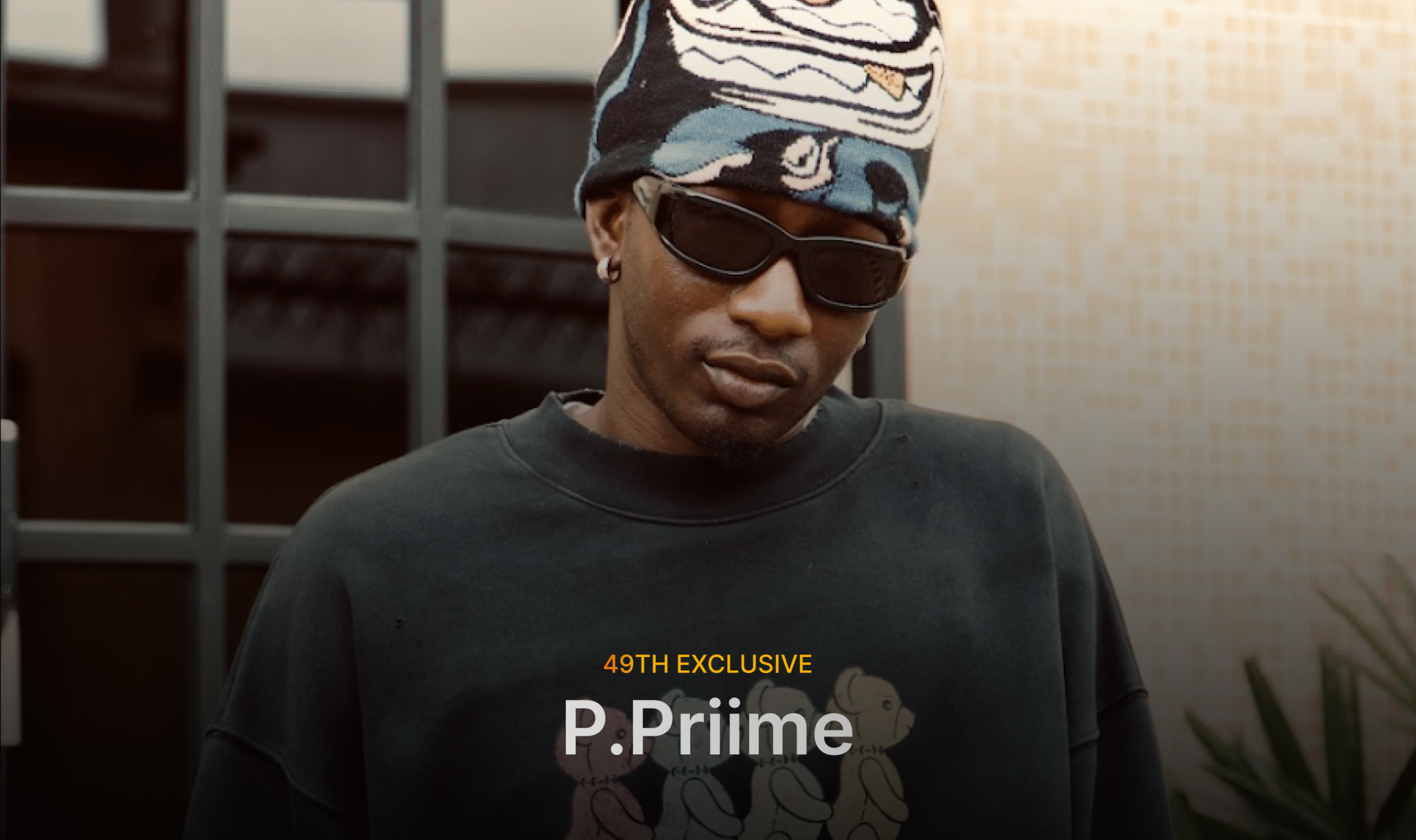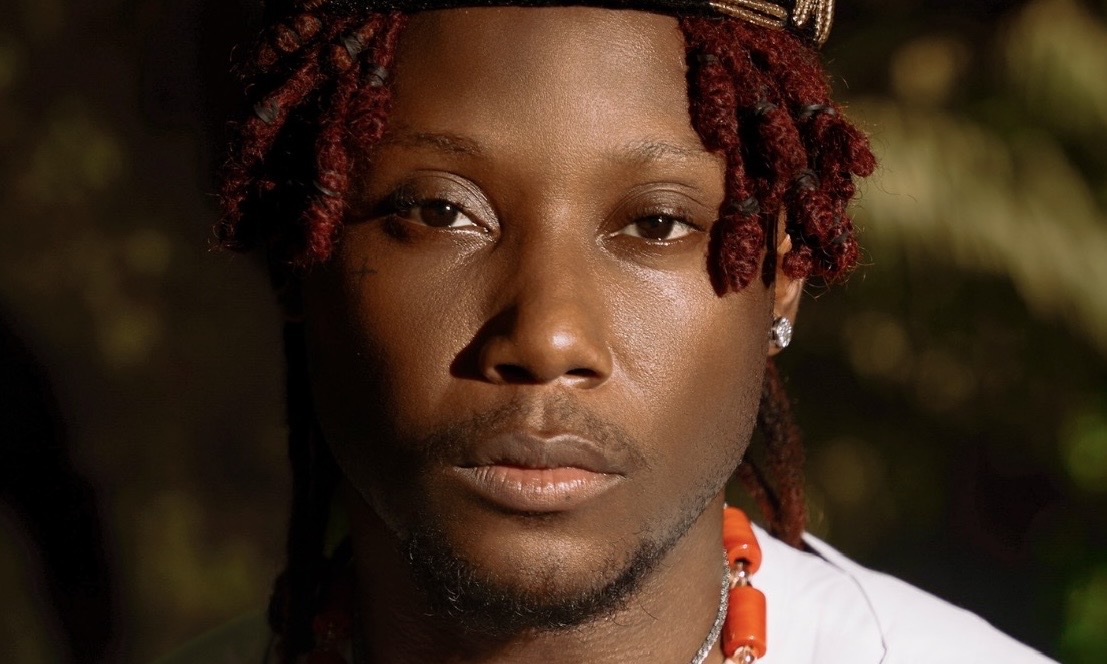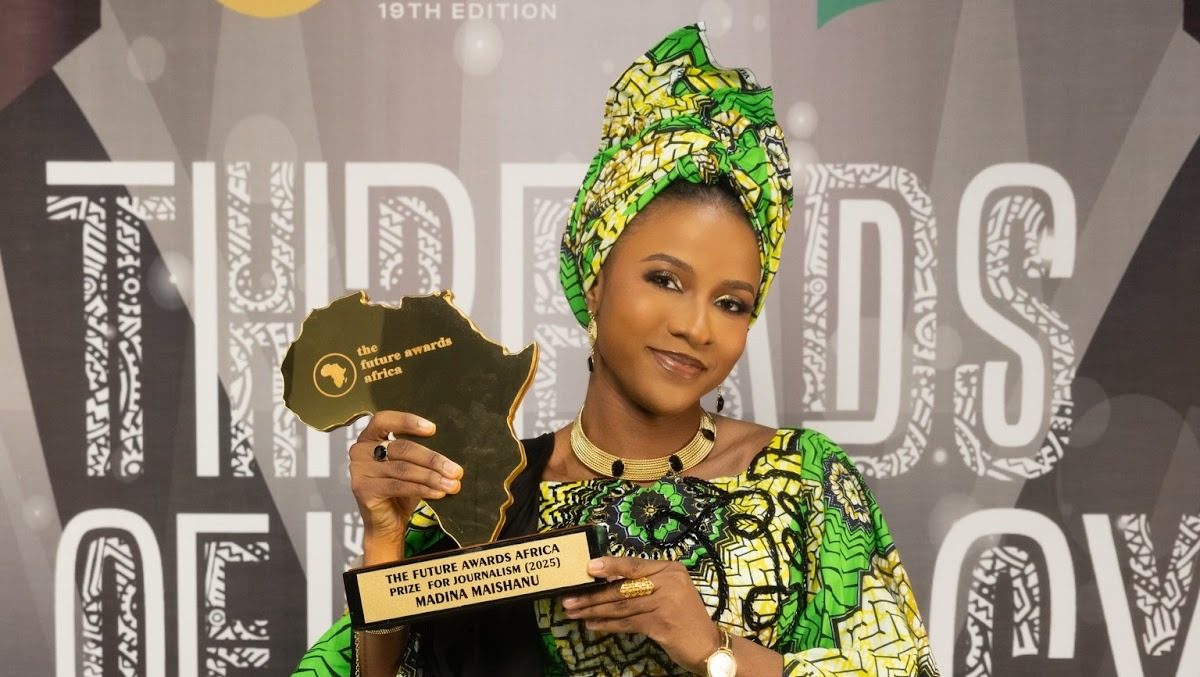He is behind some of Nigeria’s biggest sonic moments in recent times. Back in 2021, he described his creative process as “Just vibes and Insha-Allah.”
Four years later, despite topping charts across continents, winning awards, and producing for Afrobeats royalty, P.Priime hasn’t traded that carefree essence for formula or fear. If anything, he’s doubled down on freedom. “I feel like because I’m so passionate about music and I love it, it’s really about having fun while at it. The moment you start trying to control everything or overthink, it kills the excitement.”
That sense of creative freedom is something he protects — even when the stakes are high, P.Priime approaches each track with curiosity, not pressure.
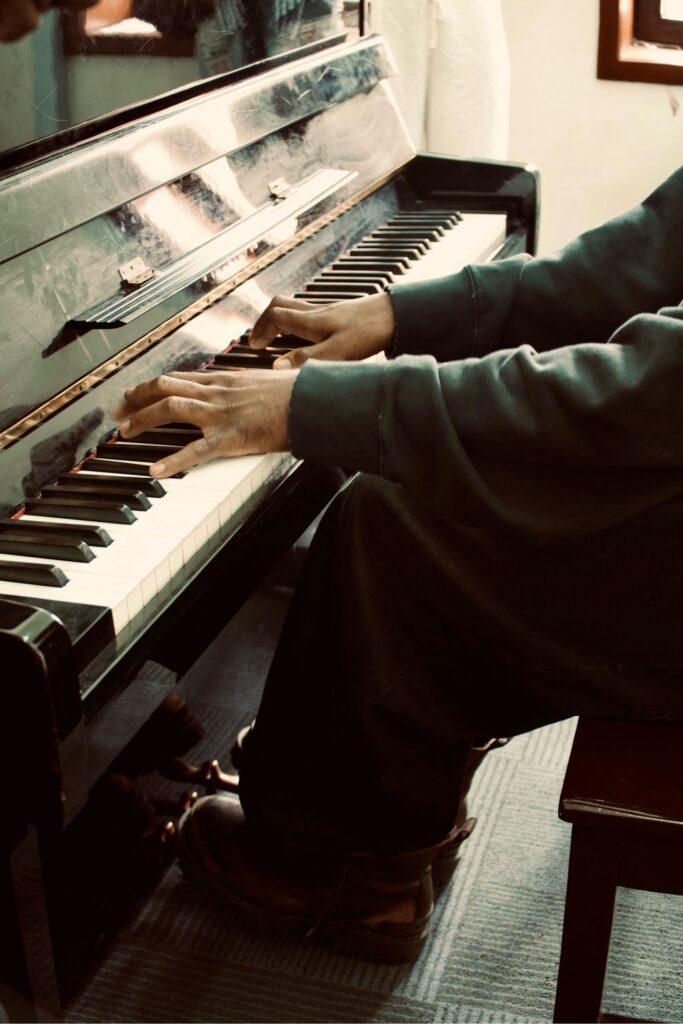
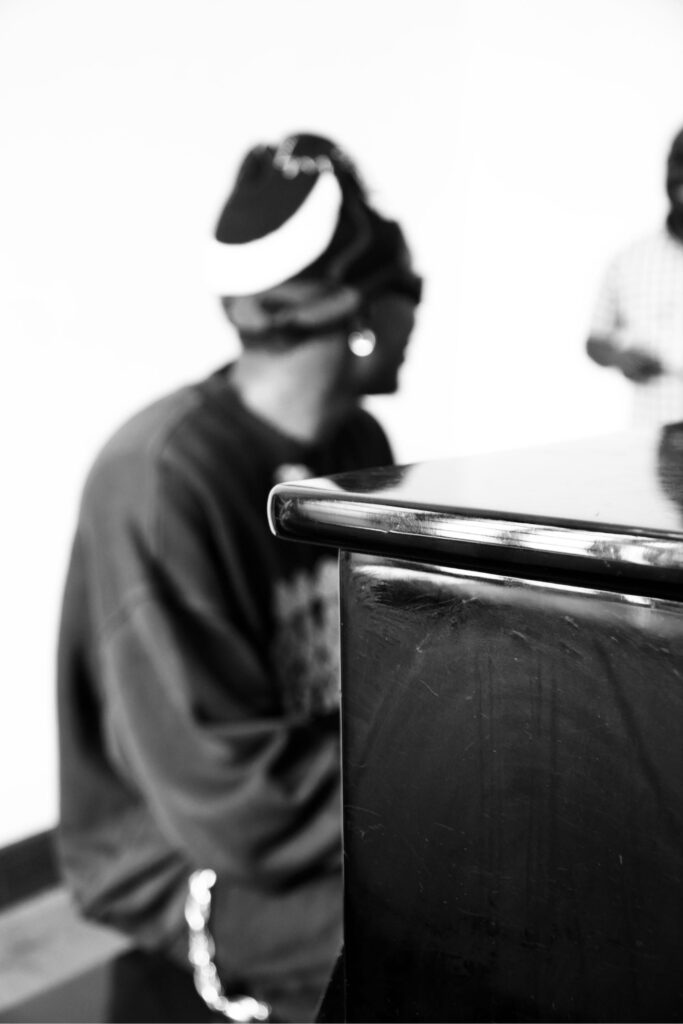
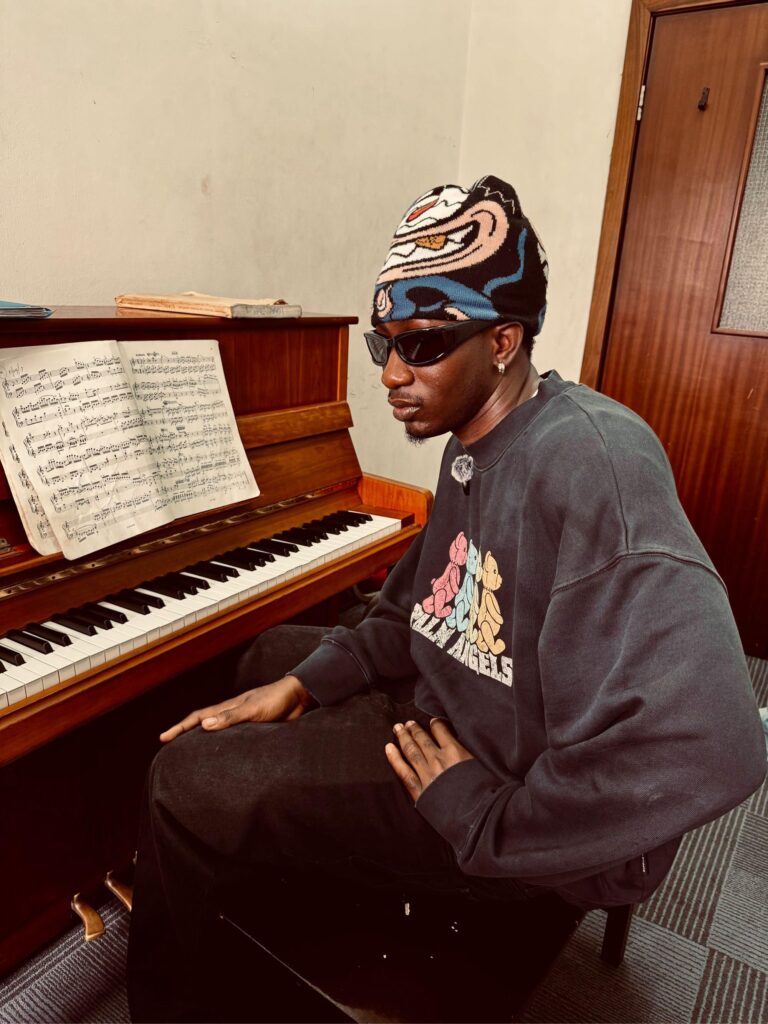
This creative freedom influenced the birth of the top 2025 tracks. “For Baby (Is it a Crime?), Someone inspired me to sample Sade Adu. She really loved her, so I started digging. Found some gems, then stumbled on a YouTube video, and I just went crazy with it,” he recalls. “As for Billionaire Club, I played Olamide a rough sketch and he connected instantly. I had this vision of him — like Mansa Musa, like a boss, and I wanted to be able to paint him in that light. To me, music is storytelling. Even if you never touch ₦100 million, I want the beat to make you feel like you did.”
Despite how effortless his sound might feel to listeners, it often stems from long hours of experimentation. But for P.Priime, challenge is never something to avoid — it’s where he thrives.
“I have a competitive spirit,” he admits. “I’m wild like that. When we made tracks on Lungu Boy and HEIS, we were just throwing around random ideas. But we aligned. That’s the kind of magic I live for.”
That forward-thinking mindset doesn’t just show in his music — it’s in his calendar too. Many of the songs released today, he says, were actually created two or three years ago. “I try a lot of things,” he says. “The stuff I’m making now is probably for two years from now.”
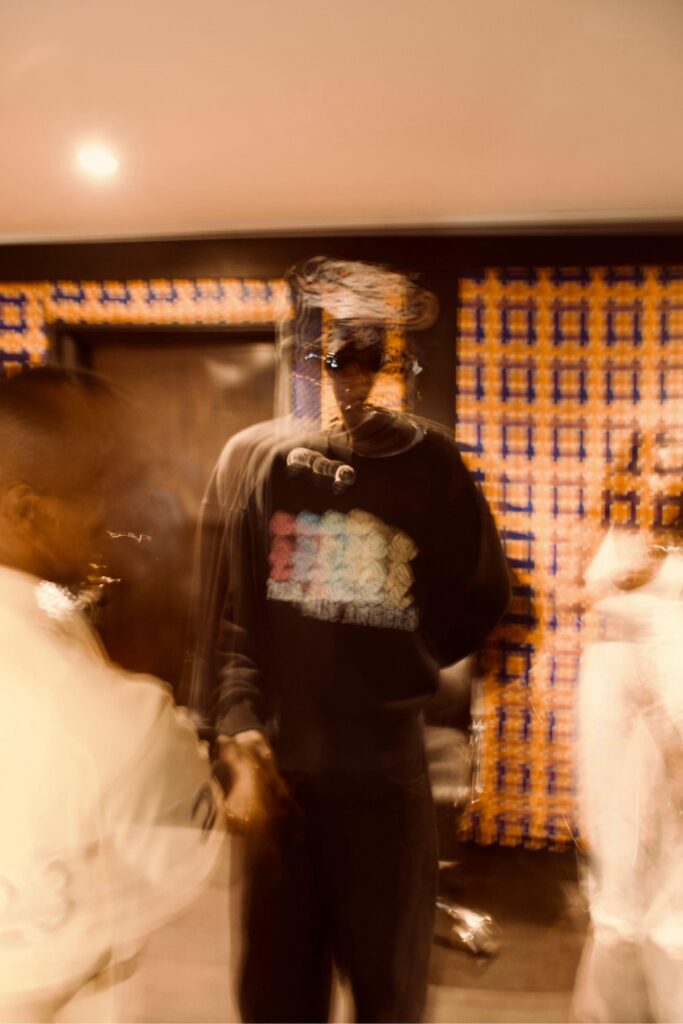
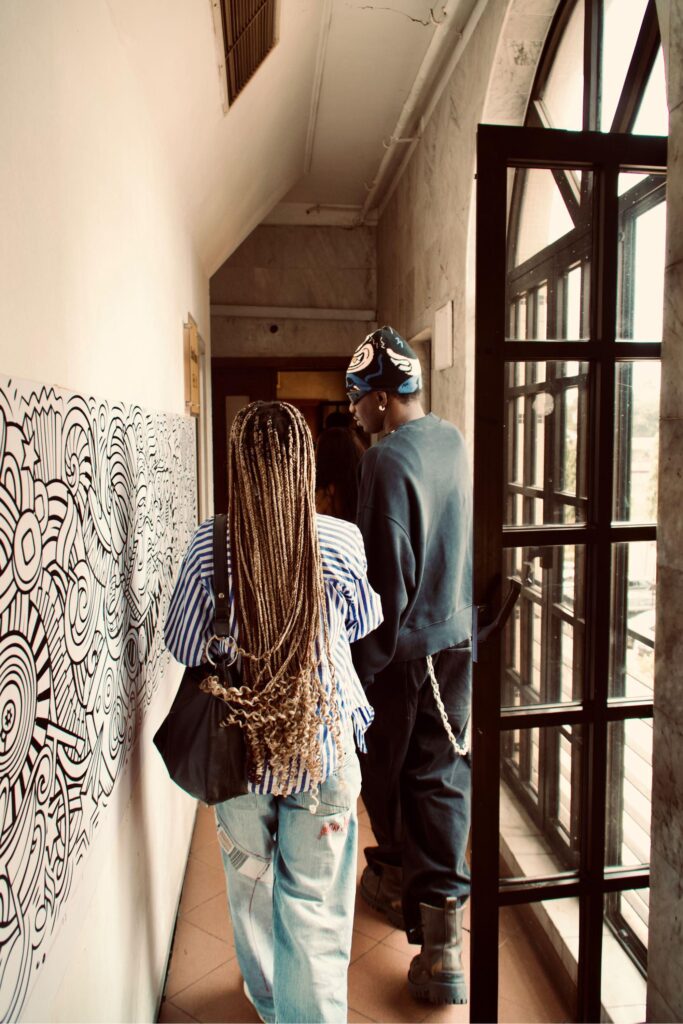
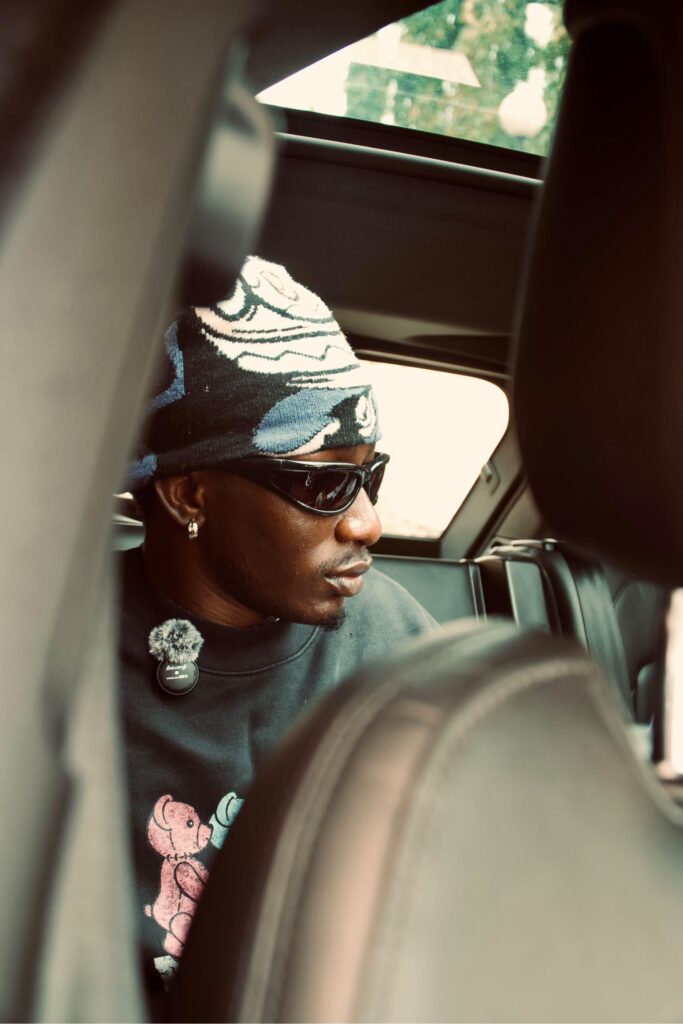
But perhaps the most unexpected twist in his journey came when he enrolled at MUSON, Lagos’ prestigious School of Music. After years of dominating studios, why would someone at the top of his game return to a classroom?
“I’m just really curious,” he says simply. “I love to learn. I want to understand music to the best of my ability. Theory, especially — it saves you time and energy. When you understand why something works, you’re not wasting hours trying to figure it out.”
Still, P.Priime isn’t going back to school to impress anyone. For him, it’s personal.
“MUSON chose me,” he laughs. “It’s like that ex you can’t quite let go of. I went there years ago, and now I’m back. It just feels like home.”
He’s keeping an open mind about what the experience will bring — maybe better technique, maybe more creative flexibility. “I want to be able to strum the guitar when I’m bored,” he adds. “That’s the kind of thing I’m chasing.”
When asked if more producers should follow in his path, he shrugs, “To each their own. Sarz doesn’t even play piano like that, and he’s one of the best producers I know. For me, I just want to understand how these things work. But I know that once I get it, I’ll use it.”
In 2025, there’s no separating life from art in P.Priime’s world. Love, loss, joy — they all bleed into the beats.
“I’m human. So whatever I’m going through, it’s going to reflect in my music. I just like to keep it real,” he says.
That rawness shows up not just in sound, but in style. Known for his edgy-yet-refined aesthetic, P.Priime’s fashion sense was shaped early — and intentionally.
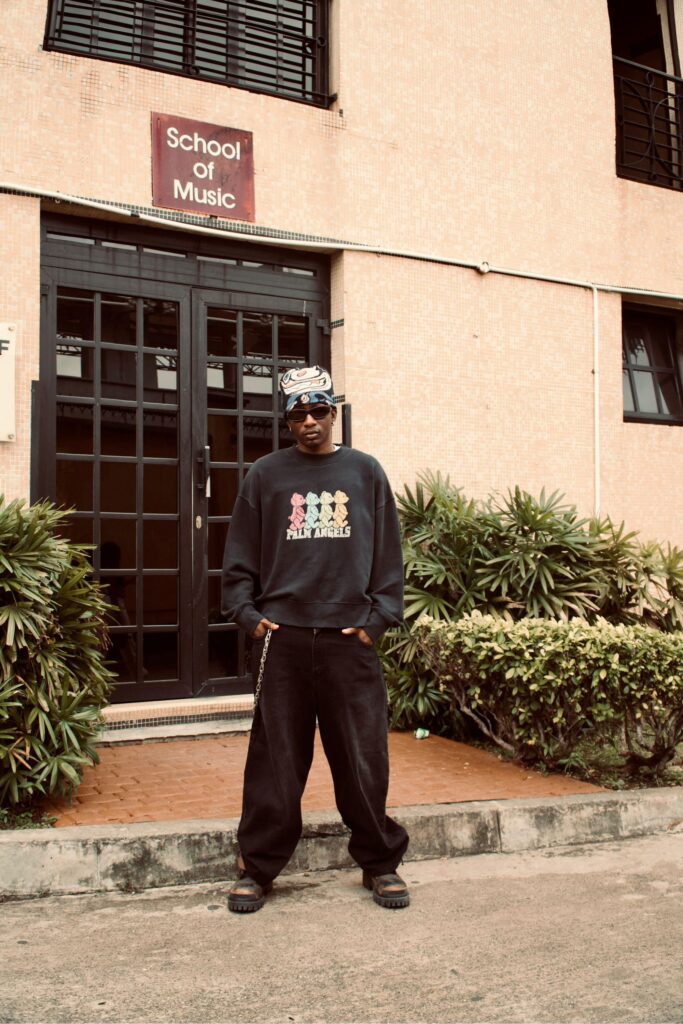
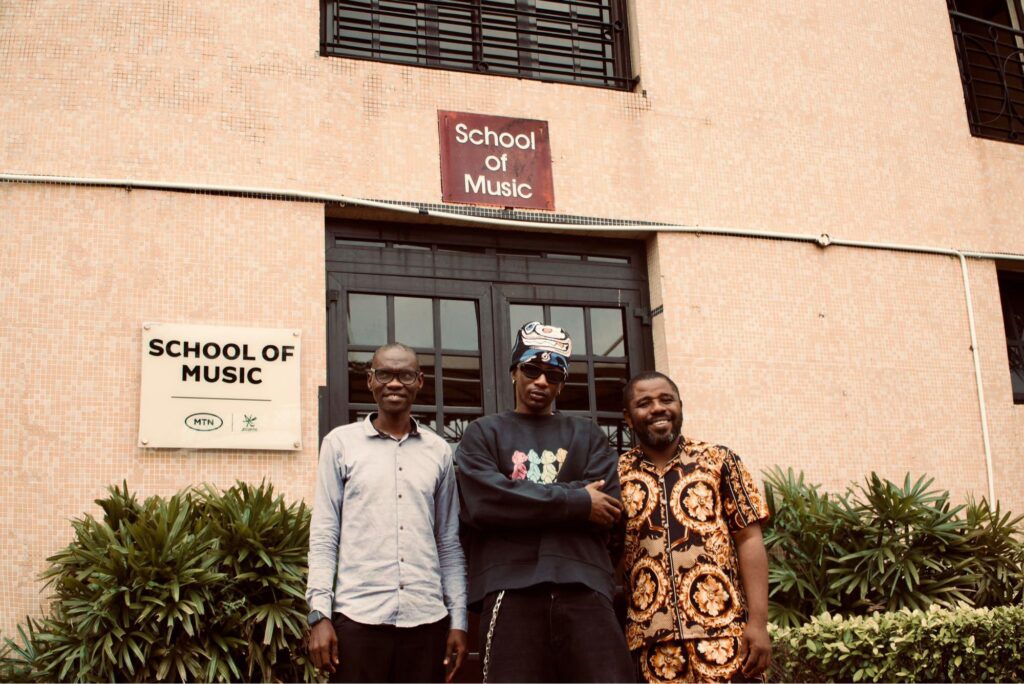
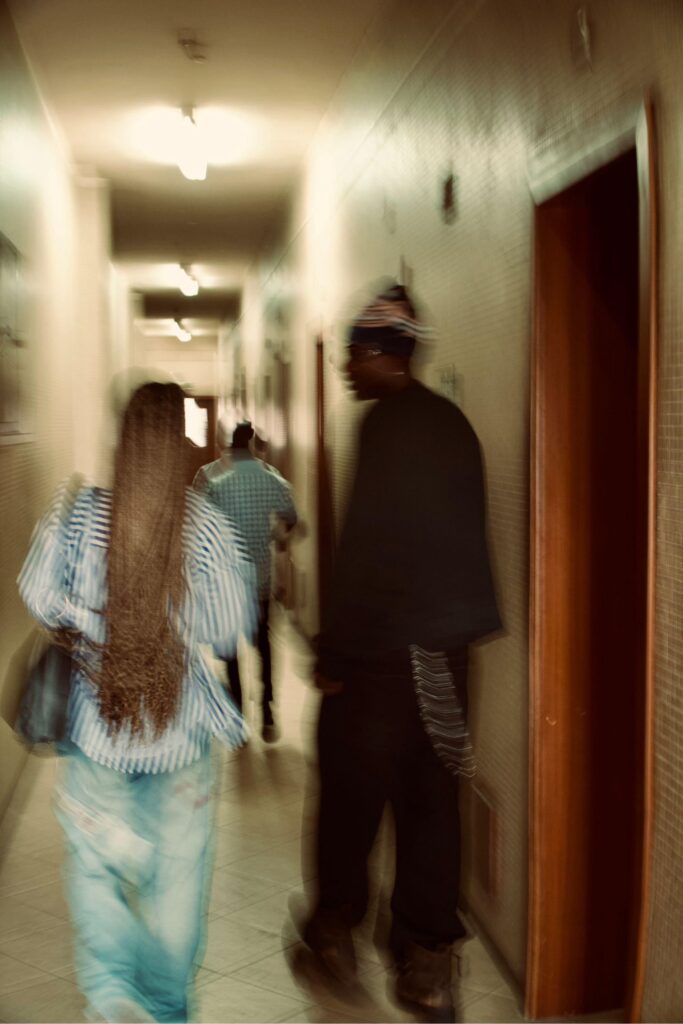
“My dad always told me, ‘You dress how you want to be addressed.’ But I hated combing my hair,” he laughs. “He ran a school, and I’d still show up with wild hair. I liked that. That balance of classy but edgy. In Lagos, looking soft can be a disadvantage, so I had to toughen up visually.”
He’s now exploring how that visual edge could evolve into something more, perhaps a fashion label. “It’s been on my mind,” he says. “I just need to take it off the drawing board and bring it to life.”
Beyond that, he’s dabbling in genres most wouldn’t expect. “Afro-country? We’ve done that,” he says casually. “Fireboy and I made some tracks like that two or three years ago. Didn’t release them, but they’re crazy.”
His only compass is quality. “I want my sound to inspire people. If someone listens to my music and it makes them want to create — or just be better — then I’ve done my job”, but when asked about starting his own academy — like Sarz did for him — he grins and replies simply: “Wait for it.”
As for dropping a full-length P.Priime-produced album featuring different artists, he said to wait for it also.
Through it all, he refuses to declare he’s ‘made it.’ Not yet. “That moment will come when my kids come up to me and say, ‘Daddy, I love this song.’ Until then, I’m still building, still learning. Whatever I’m getting now is just to open doors for them.”
If the world remembers one thing about P.Priime five years from now, he hopes it’s this: “That I loved what I did. That I really worked on my vision. Outside of that, they can say whatever they want — that’s their business.”
And for now, that vision remains rooted in one simple truth — still vibes, still Insha-Allah.

